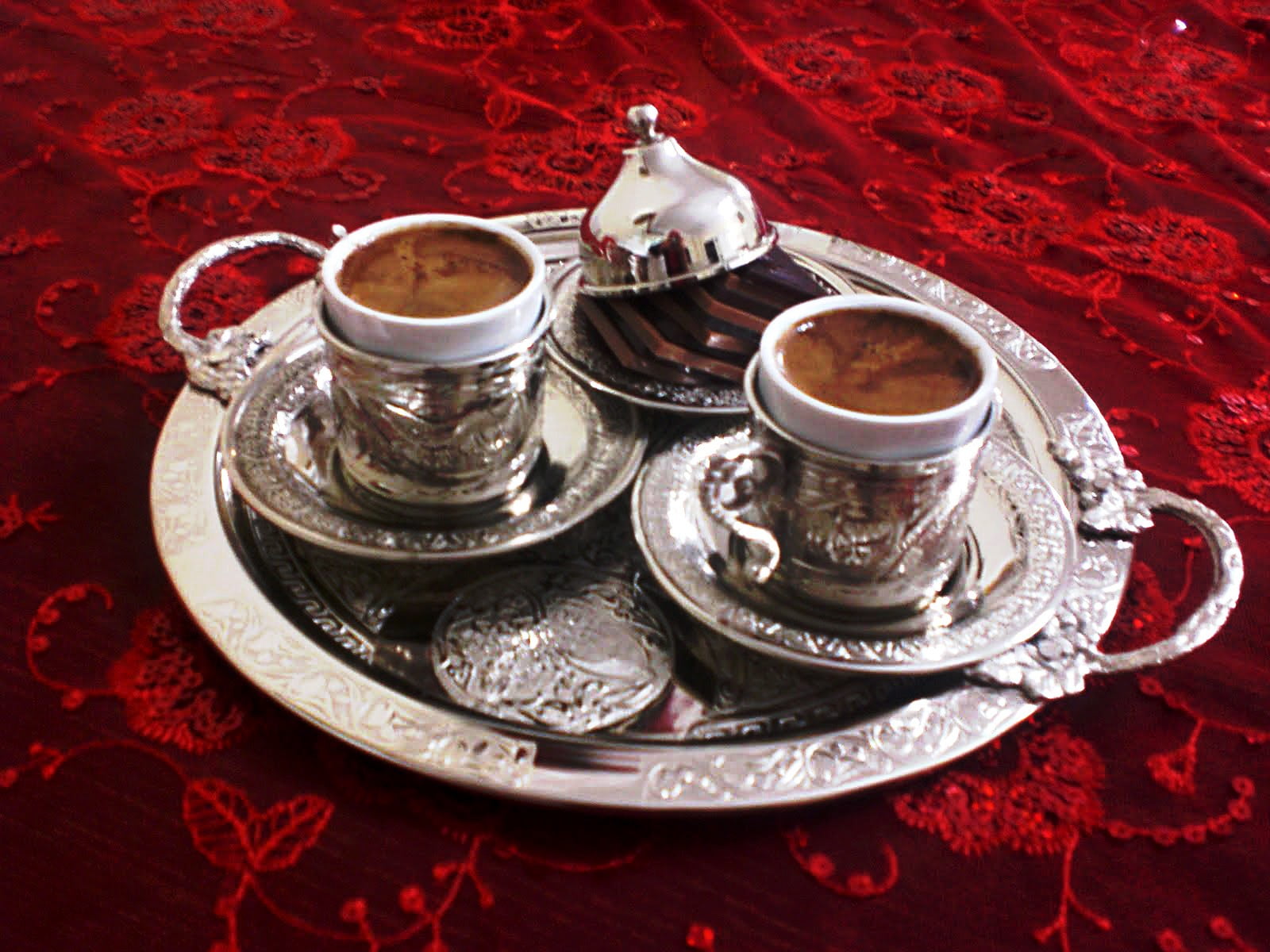
FAQ About Turkish Coffee

Are there any specific traditions or ceremonies involving Turkish coffee?
Yes, there are several traditions and ceremonies associated with Turkish coffee that add depth and meaning to the coffee-drinking experience. These rituals are an integral part of Turkish coffee culture and are often practiced during social gatherings, family events, and special occasions. Here are some notable Turkish coffee traditions and ceremonies:
- Fortune-Telling: One of the most well-known traditions is the practice of fortune-telling using the coffee grounds left at the bottom of the cup. After finishing the coffee, the cup is covered with a saucer, and the person holding the cup concentrates on their thoughts while turning the cup. The patterns formed by the coffee grounds are then interpreted by a skilled person, often referred to as a "kahve falı bakıcısı" or fortune-teller. The fortune-telling adds a layer of intrigue and mystique to the coffee experience.
- Serving Guests: Offering Turkish coffee to guests is a time-honored tradition that involves serving coffee as a gesture of hospitality and respect. When a guest arrives, the host prepares and serves coffee, often engaging in polite conversation and creating a welcoming atmosphere.
- Elderly Guests: Serving coffee to elders is a sign of respect and a way to honor their wisdom and experience. It's common to serve coffee to older family members or esteemed guests before serving others.
- Weddings and Engagements: Turkish coffee is often served at weddings and engagement ceremonies as a symbol of celebration. A young woman might prepare coffee for her potential mother-in-law to gauge her approval.
- Coffee Reading at Weddings: At weddings, the bride and groom are often served Turkish coffee, and their fortunes are read to predict their future together. This practice adds a touch of romance and excitement to the festivities.
- Baby Showers: Turkish coffee is sometimes served at baby showers, and the fortune-telling might be used to predict the gender of the unborn child or to offer insights into the child's future.
- New Home Blessing: When someone moves into a new home, it's customary to serve Turkish coffee to guests as a way to bless the new space and celebrate the occasion.
- New Year's Eve: Drinking Turkish coffee on New Year's Eve is believed to bring good luck for the upcoming year. Fortunes may be read to provide insights into what the future holds.
- Visiting Friends and Family: When visiting friends or family, it's common to be offered Turkish coffee as a sign of hospitality. Accepting the coffee creates a bond of connection and friendship.
- Business Meetings: Turkish coffee might be served during business meetings or negotiations as a way to facilitate discussions and create a comfortable atmosphere.
